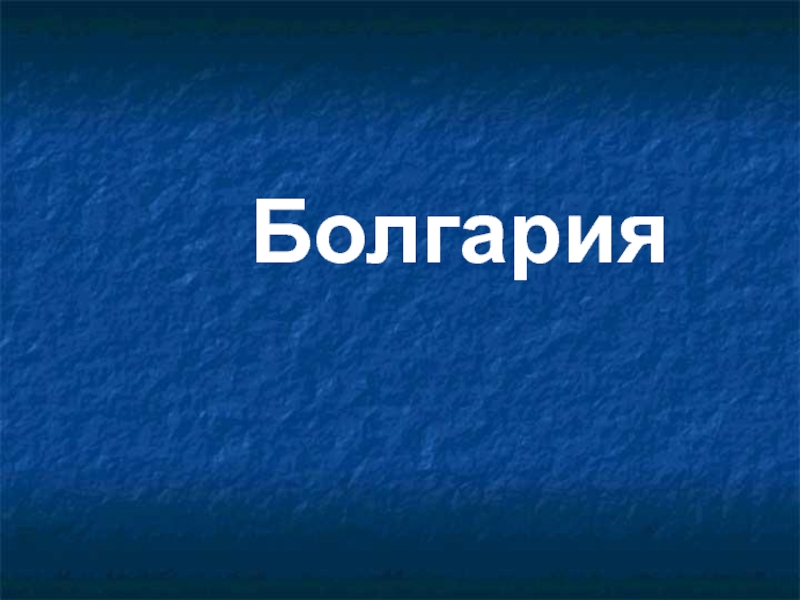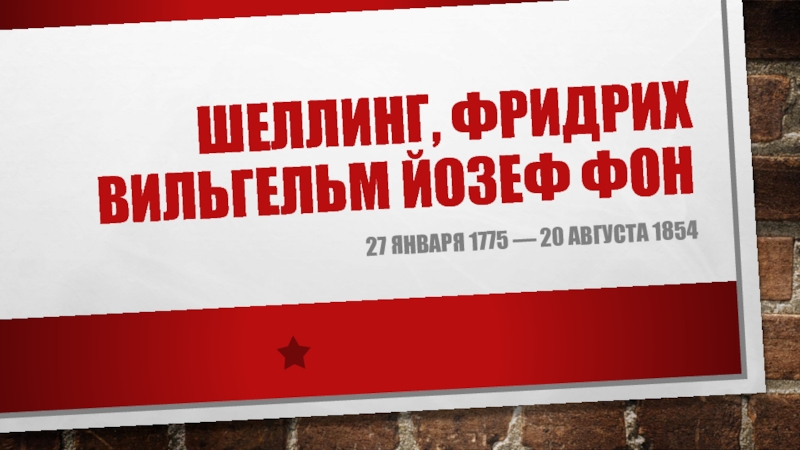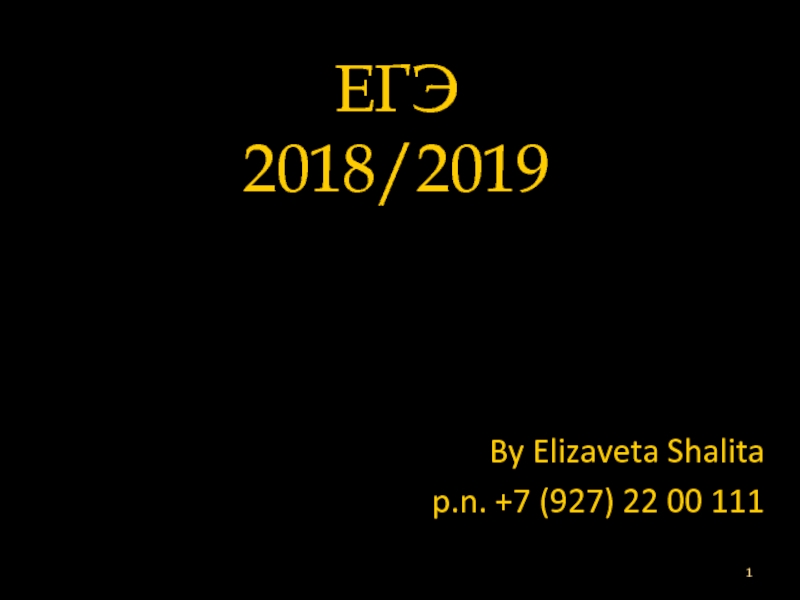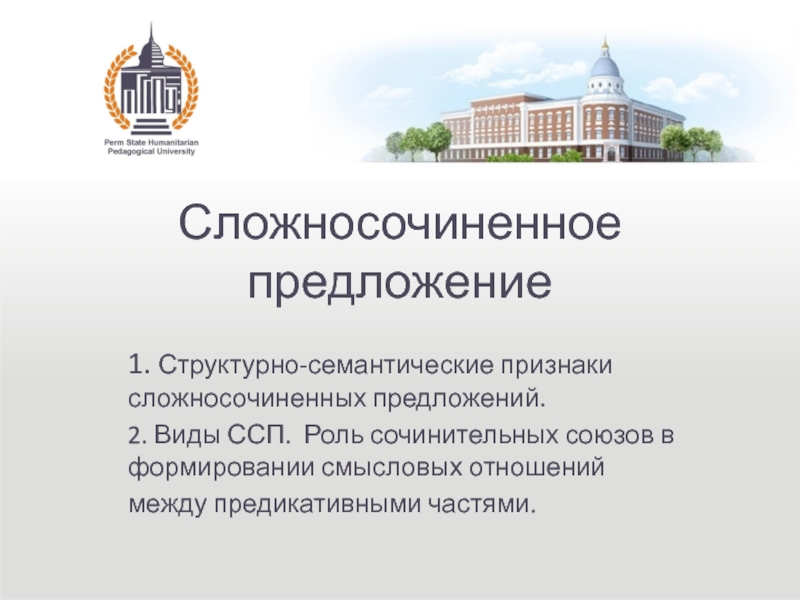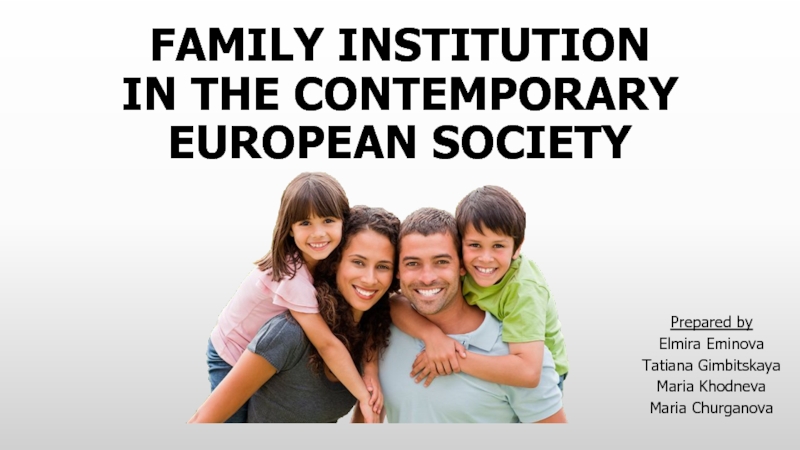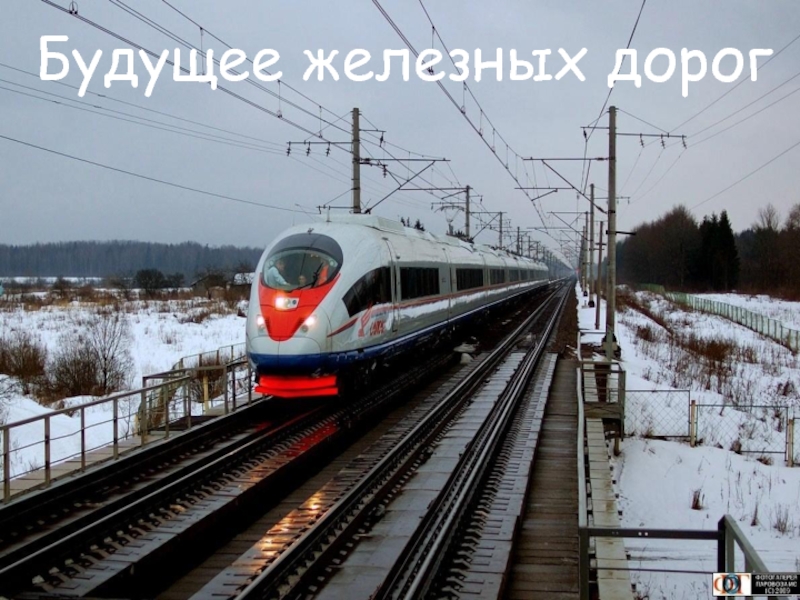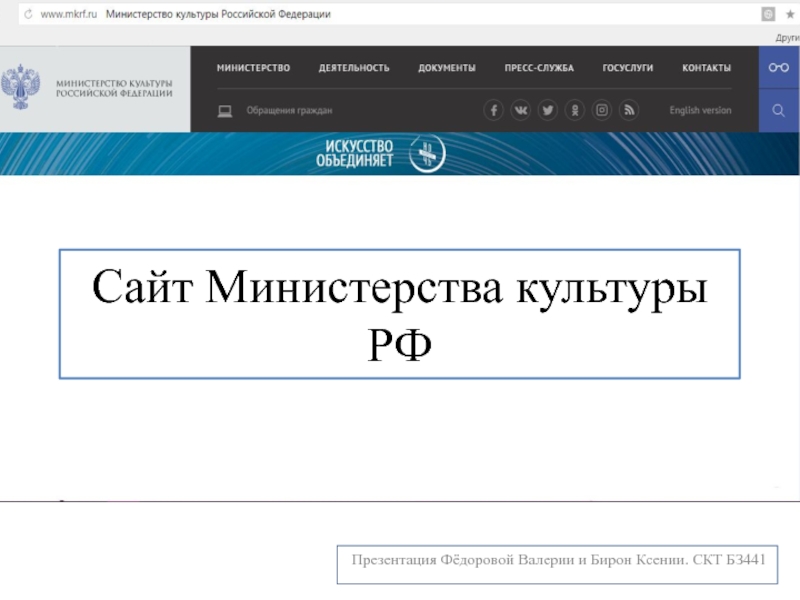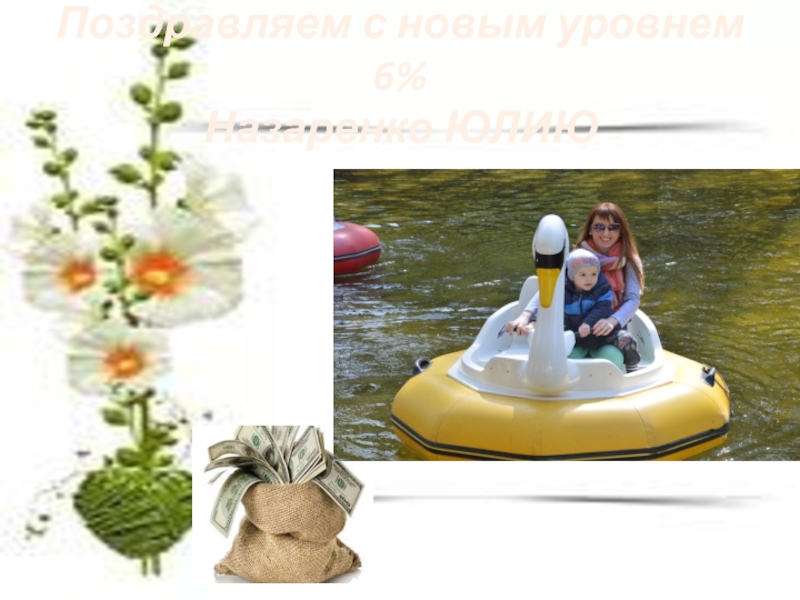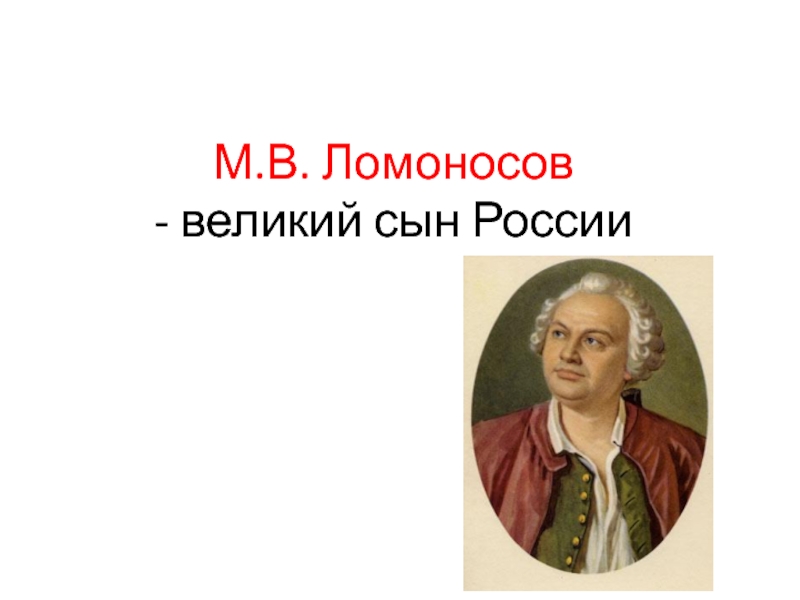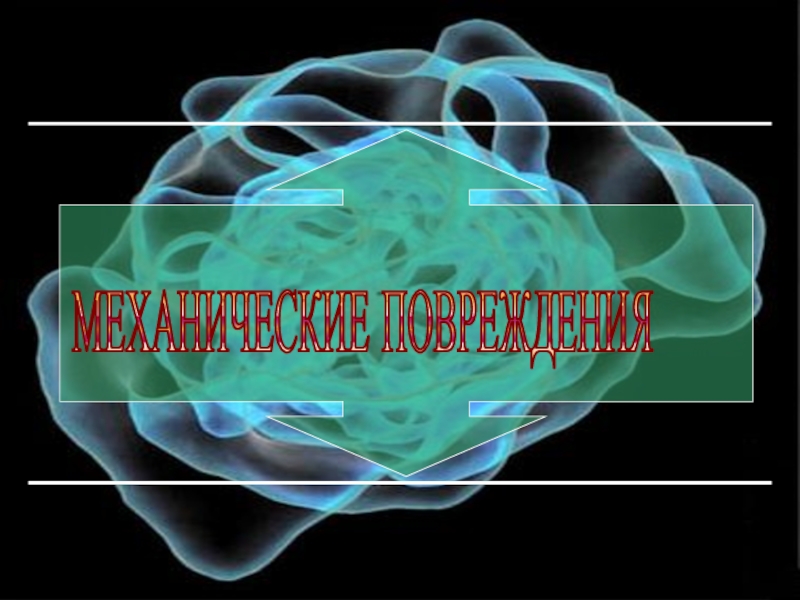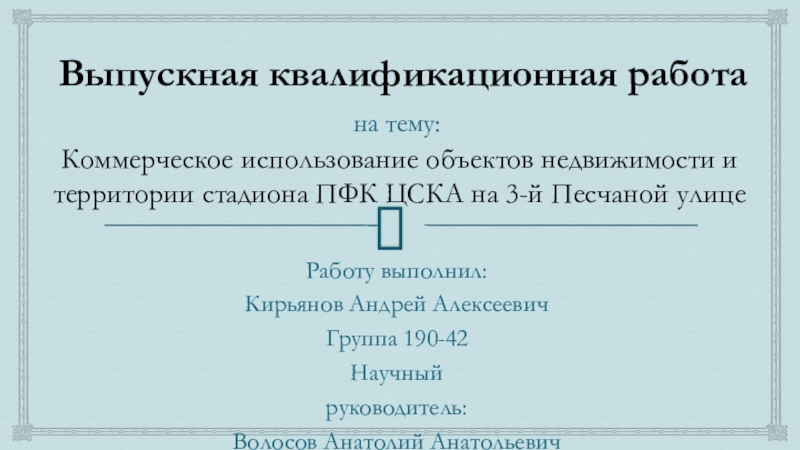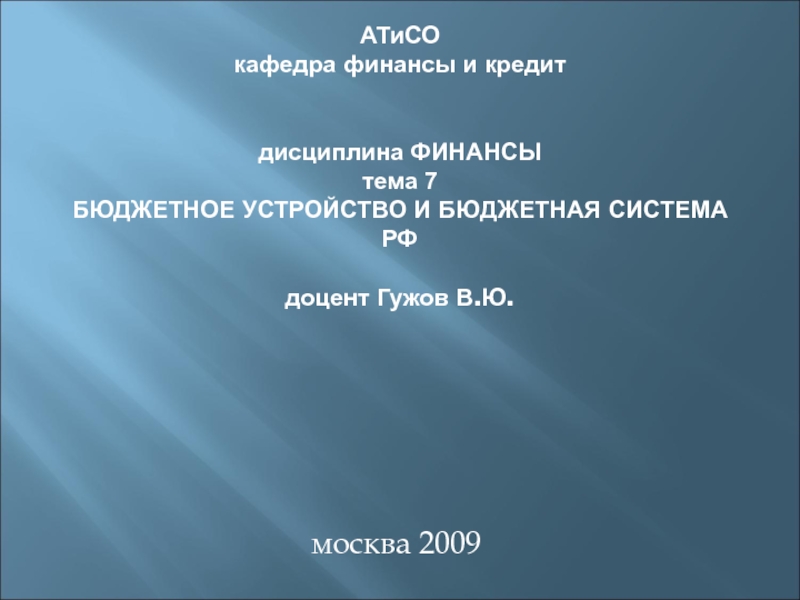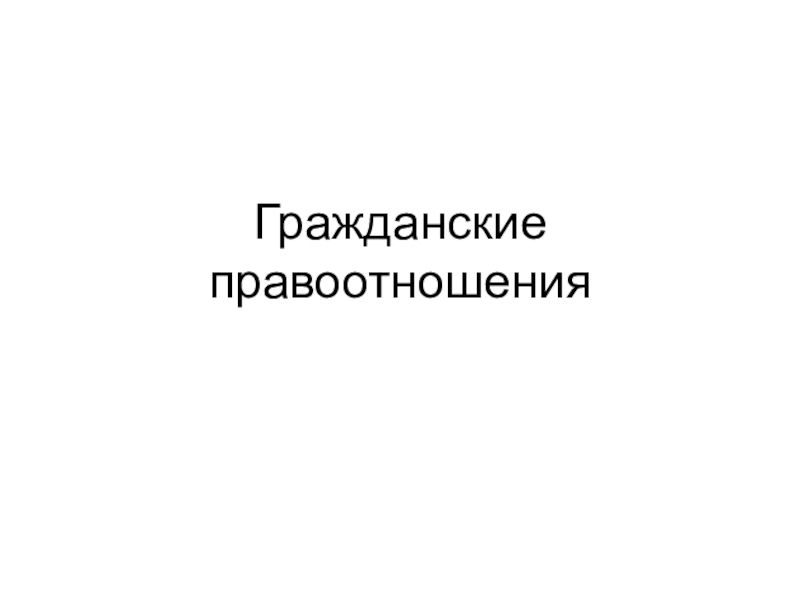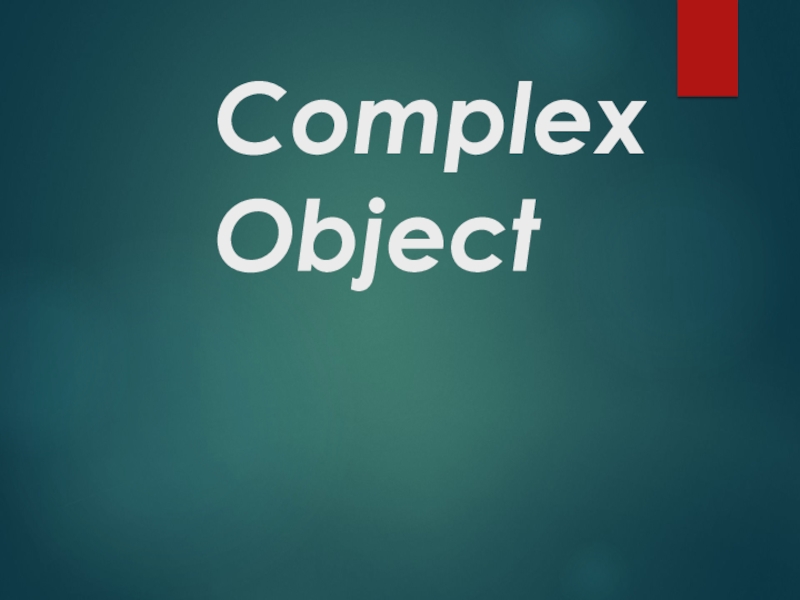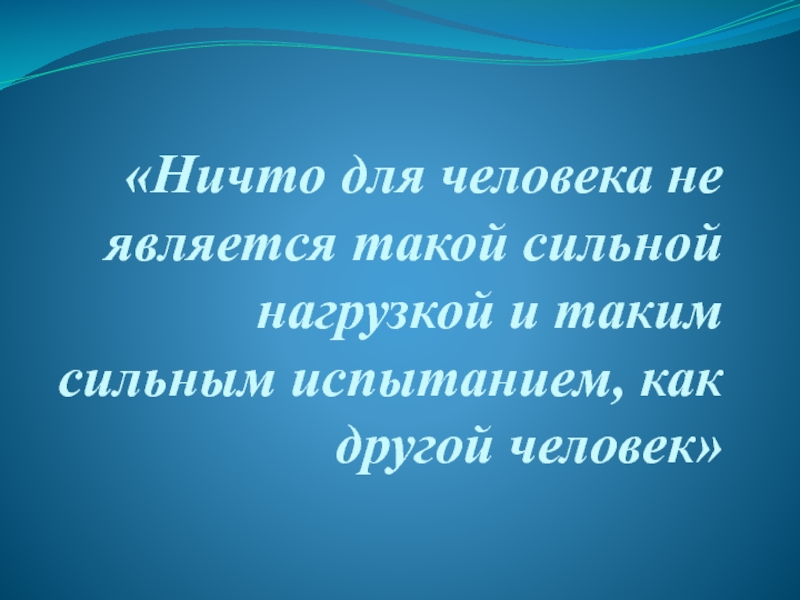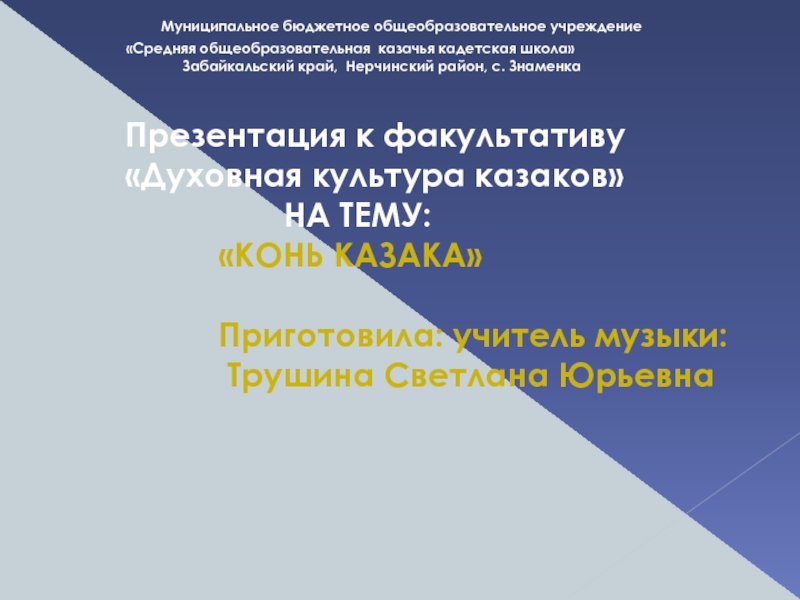Слайд 1EU’s media strategies
Katri Vallaste
22 October 2013
Слайд 2Democratic deficit, information deficit, communication deficit
Democratic deficit: the absence of
legitimizing popular representation at the supra-national level of governance (with
the exception of the popularly elected European Parliament)
Information deficit: lack of knowledge about EU policies in the national public spheres
Communication deficit: insufficient and ineffective provision of information, as well as a lack of transparent policy-making processes by the EU institutions
Слайд 3History
1989 Television Without Frontiers Directive
The creation of the European Commission
post for Institutional Relations and Communications in August 2004
Little influence
on public opinion
Audiovisual Services Directive
Entered into force on 19 December 2007
Target: to create a single European market for audiovisual services
Target: to take cultural aspects into account
Слайд 4EU’s history of secrecy
Until December 2005, Council meetings were held
behind closed doors
Then moved towards greater transparency by allowing the
public to follow such matters that are subject to co-decision procedure
The Commission, whose meetings are held in private, started in 2001 to grant access to its records as well as to the ones of the Council and the Parliament
Слайд 5More info more EU support?
Is it so that the
more you know about something, the more you like it?
Or
could the causal link be the opposite: the more you like something, the more you want to know about it?
Слайд 6Group discussion
Do we (who?) need less or more of a
European Public Sphere? Why?
Слайд 7Low voter turnout at EP elections: result of a communication
deficit?
The parliamentary press office reports serious communicative inadequacies
And so do
individual parliamentarians
low profile of the EP in the
organisation of the EU
(Anderson & McLeod, 2004)
Слайд 8(Commission’s) Directorate-General Communication
Directorates-General are the different departments of the Commission
Purposes:
to
inform the media and citizens of the activities of the
European Commission
to communicate the objectives and goals of its policies and actions
to inform the Commission of public opinion in member states
European Year of Citizens 2013
http://europa.eu/citizens-2013/
Слайд 9Commission
Logo
EU flag
Headquarters of the Commission
Commission ‘information’ campaigns more focused on
promoting a pro-integration consensus than providing factual information
Слайд 10Spokespersons’ Service
Explains the European Commission's positions to the media
Provides official
information
Balčytienė et al conducted an interview study of the spokespersons
in 2006
Not necessarily journalists by education or experience
See their relevant Commissioner as their ’real boss’
Some spokespersons claimed that they are not allowed to attend meetings of the Cabinet
Communication Planning and Priorities Unit
Some spokespersons inform the Planning Unit of their line, others are instructed by the Planning Unit what line to take
Main audience: journalists residing in Brussels (over 95%)
Слайд 11Easy for us to criticise…
Exercise: EU Daily/EU Weekly
You are the
Editor in Chief of a daily newspaper/weekly magazine with EU-wide
distribution
What topics does your paper/magazine cover?
Слайд 12Use of social media
Communication on political priorities
Social Media Network (of
the Commission)
Close cooperation with the Spokespersons’ Service
Stakeholder and campaign communication
(via Facebook)
Informing citizens
Sharing experiences
Promoting policies and campaigns
Engaging with stakeholders
Use of social media in staff members’ personal capacity
Commission employees must follow the guidelines for all staff on the use of social media
Слайд 13Protecting minors
Ban on tobacco advertising
Portrayal of alcohol
’Fatty foods’ in commericals
linked to childrens programs
Hourly limit of 12 minutes for
advertising and
teleshopping spots
Слайд 14Safeguarding media pluralism
What is your impression of the EU member
state that is the most familiar to you, what is
the situation regarding media pluralism?
Слайд 15White Paper on European Communication Policy
Commission 2006
http://europa.eu/documents/comm/white_papers/pdf/com2006_35_en.pdf
A white paper is
an authoritative report or guide that helps solve a problem
Targets:
‘Defining
common principles’ (with a proposed ‘European Charter or Code of Conduct on how to communicate to citizens’);
‘Empowering citizens’ (i.e. emphasizing national civic education and dialogue with citizens);
‘Working with the media and new technologies’ (i.e. providing blogs and access to EU news on the Internet);.
‘Understanding European public opinion’ (i.e. creating an expert network and expanding research);
‘Doing the job together’ (i.e. involving all key actors in the states, EU institutions, civil society etc.).
Two citations:
Communication […] should be based on genuine dialogue between the people and the policymakers and lively political discussion among citizens themselves.
Communication has focused largely on telling people what the EU does: less attention has been paid to listening to people’s views.
Close the gap between the information society ‘haves and have nots’ – addressing such issues as equal opportunities, ICT skills and the inequalities between Europe’s regions in terms of Internet access.
For example, in Greece, only about 50% of the population use the Internet
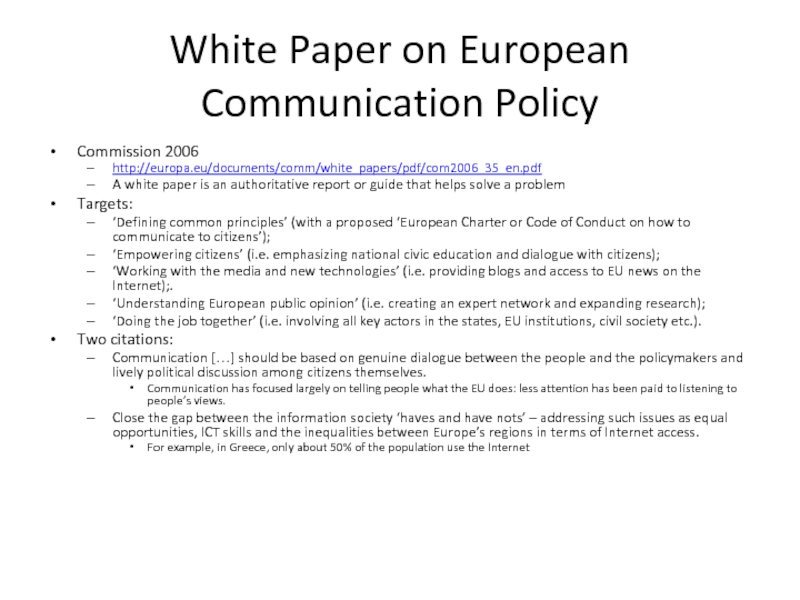
Слайд 16Criticisms of principles in the White Paper on Communication
Viewed by
many journalists as an attempt to suppress critical reporting about
the Union.
The suggestion to increase professional outreach activities with regards to information dissemination about the EU could resemble the installation of ‘embedded journalists’ instead of the independent coverage currently performed by the media outlets.
The utilization of interactive technologies such as the Internet is limited to a technology-savvy, mostly younger segment of the population.
It is far from clear how exactly all participating actors of the EU polity should be collaborating as what has been described as ‘doing the job together’. (Thiel 2008)
Слайд 17Plan D
Launched by the Commission in 2005
‘Plan D’ calls for
more ‘democracy, dialogue and debate’
Increasing EU official visits to the
member states
Establishing civic roundtables
Recommending the increased utilization of the Internet
(http://www.youtube.com/user/eutube)
Слайд 18Focus on elites and Internet
Difficulty of reaching ’non-elite’ citizens via
Internet
According to the Commission, the EU-wide online discussion forum ‘Debate
Europe’ received 5,345 contributions from a total of 380 million EU citizens (European Commission, 2005)
http://ec.europa.eu/archives/debateeurope/index_en.htm
Слайд 19Let’s work on giving a ’face’ to the EU
Viviane Reding
Margot
Wallström
Слайд 20To sum it up…
‘[T]here are plenty of communications, but not
much communication’ (Sain Ley Berry, 2007).
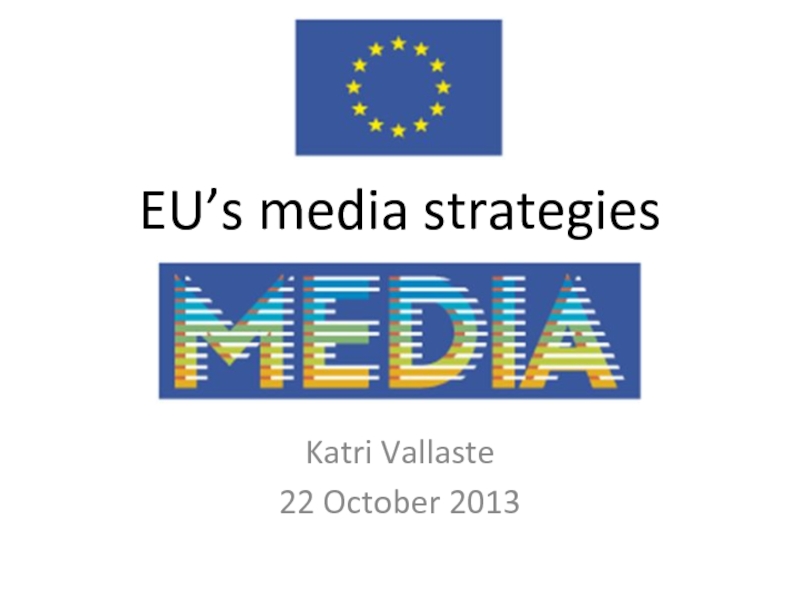
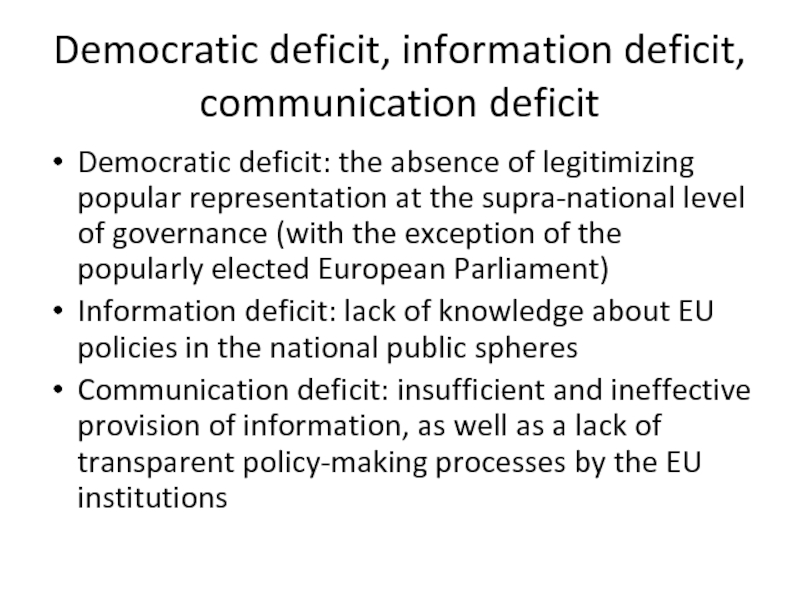
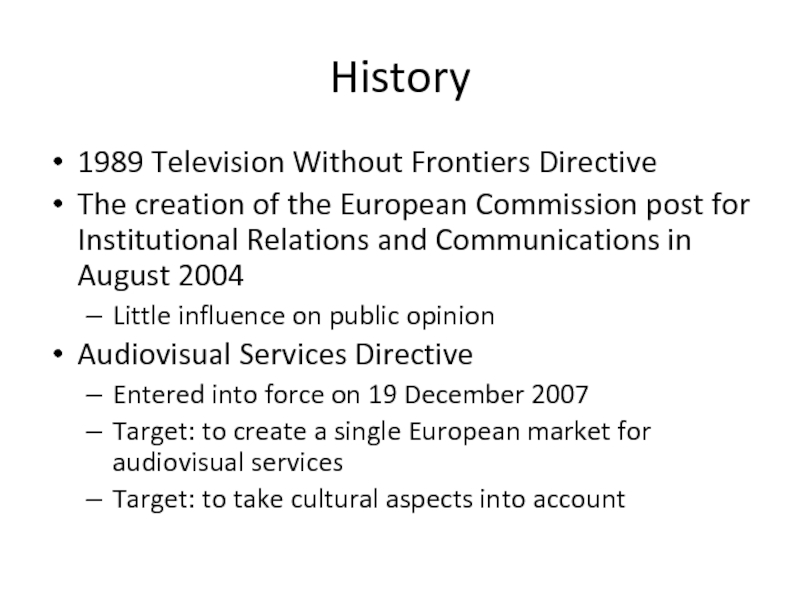

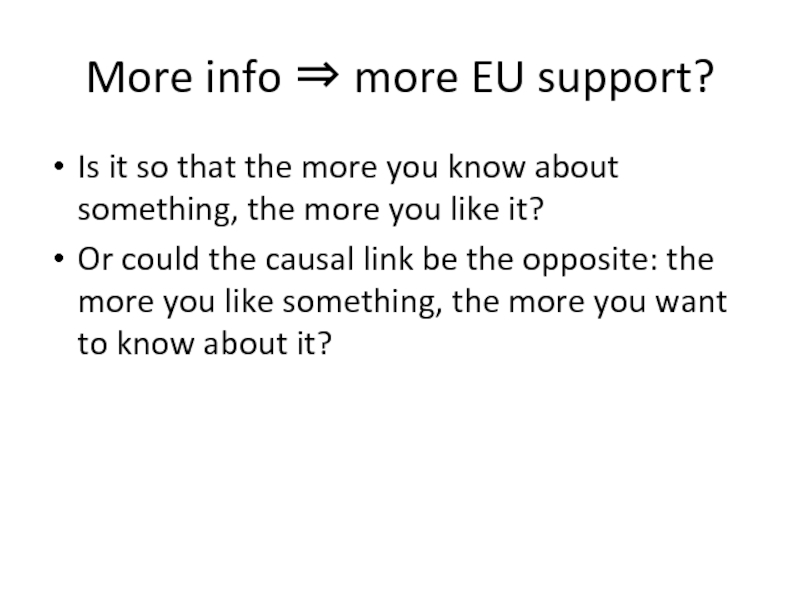

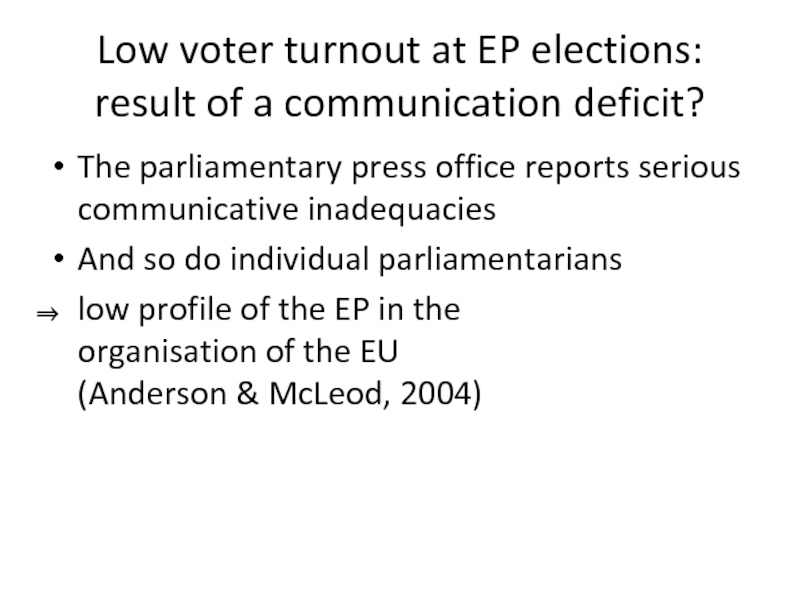
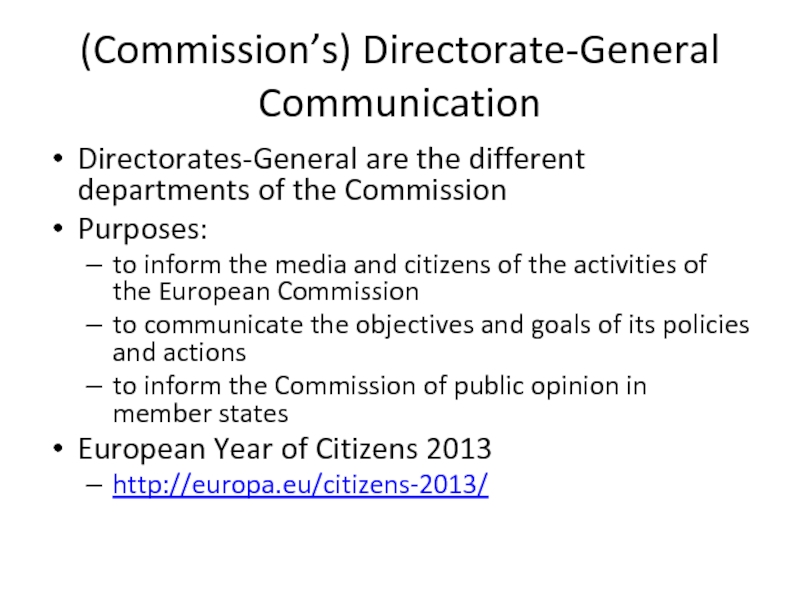

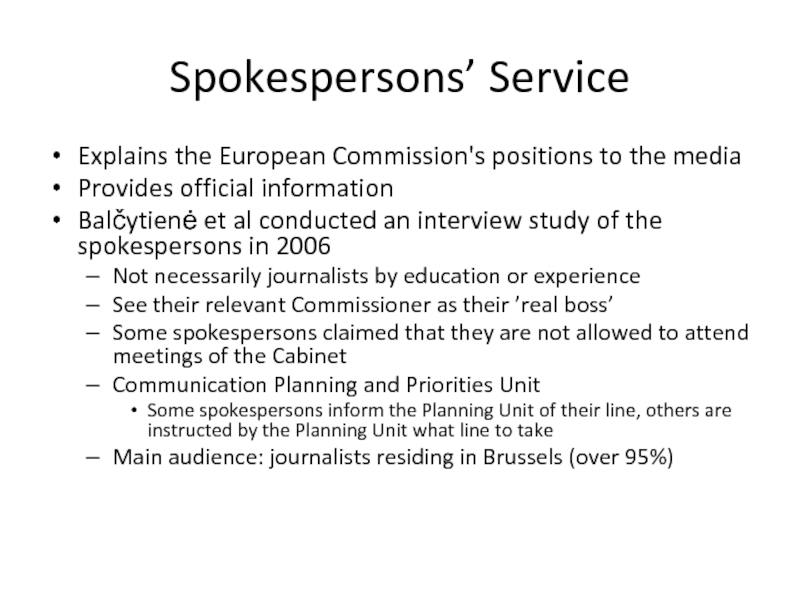

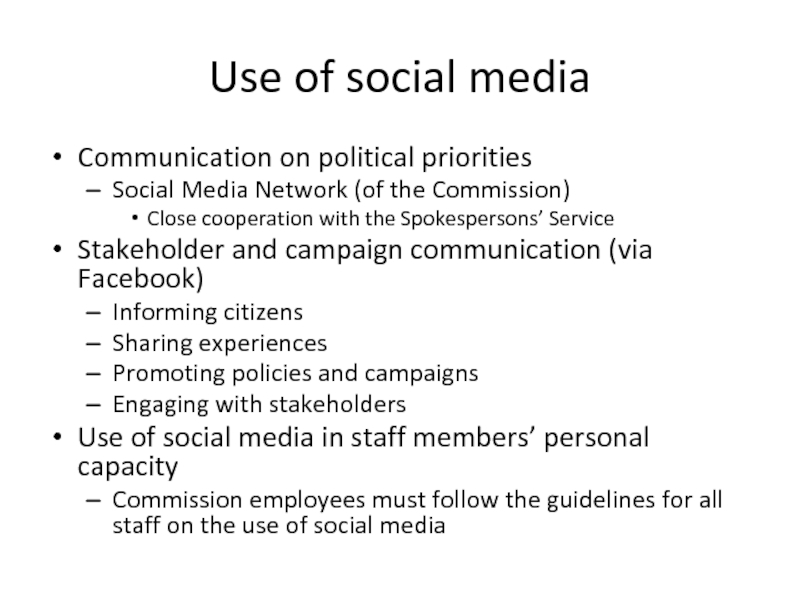
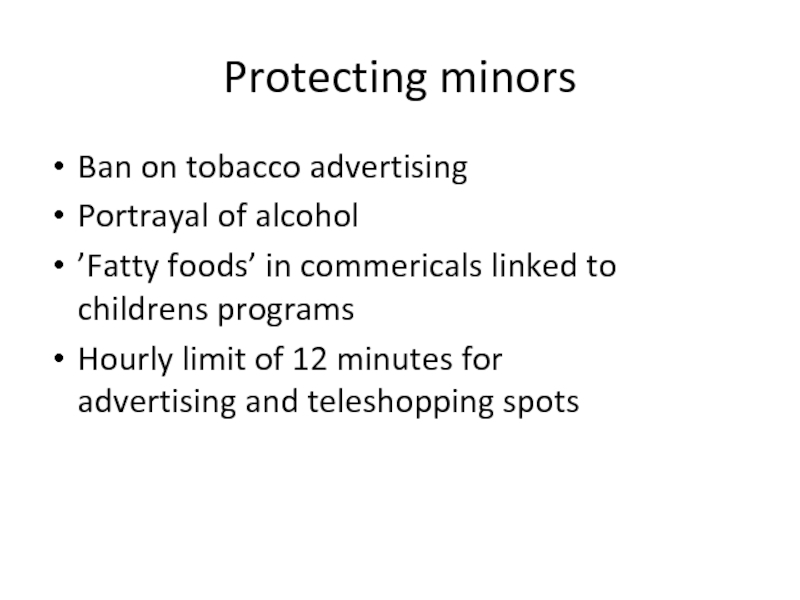
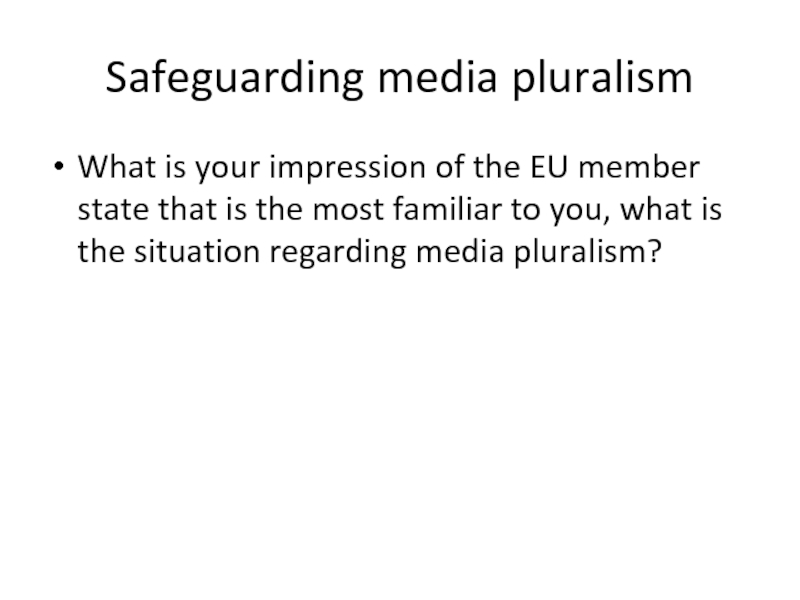

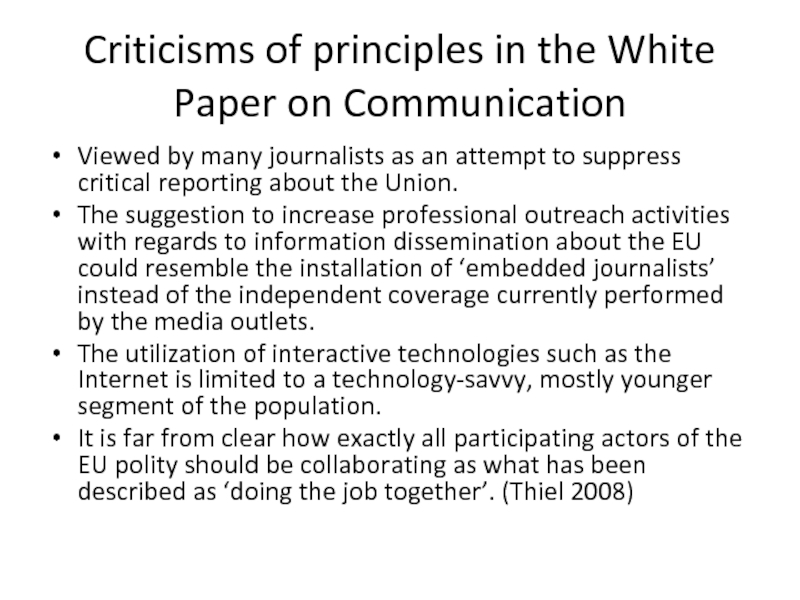
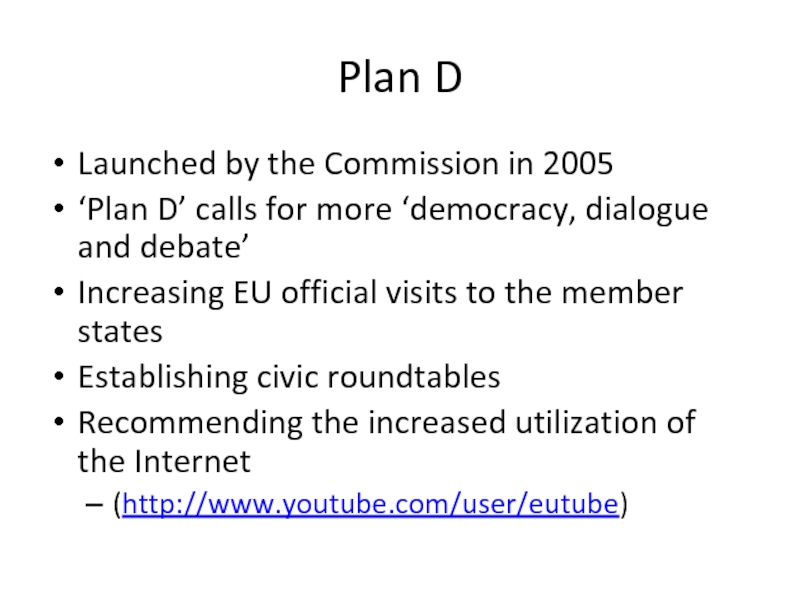
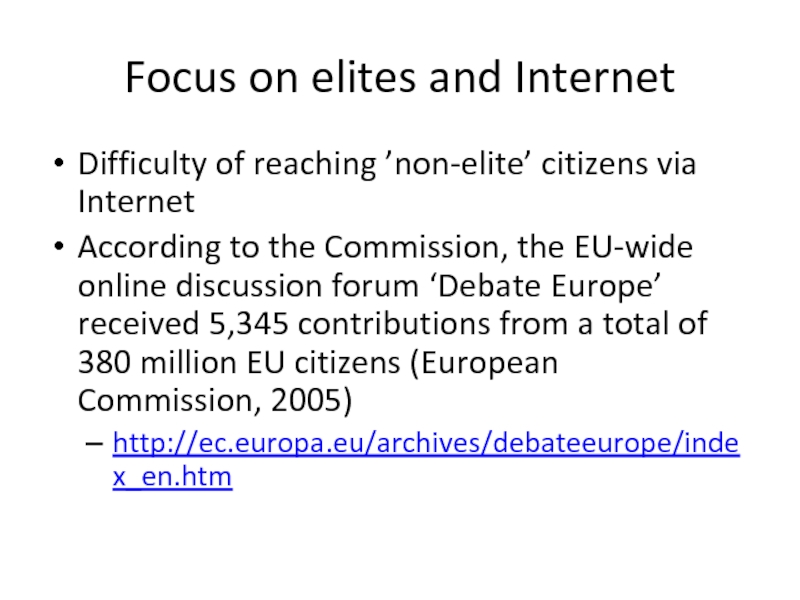
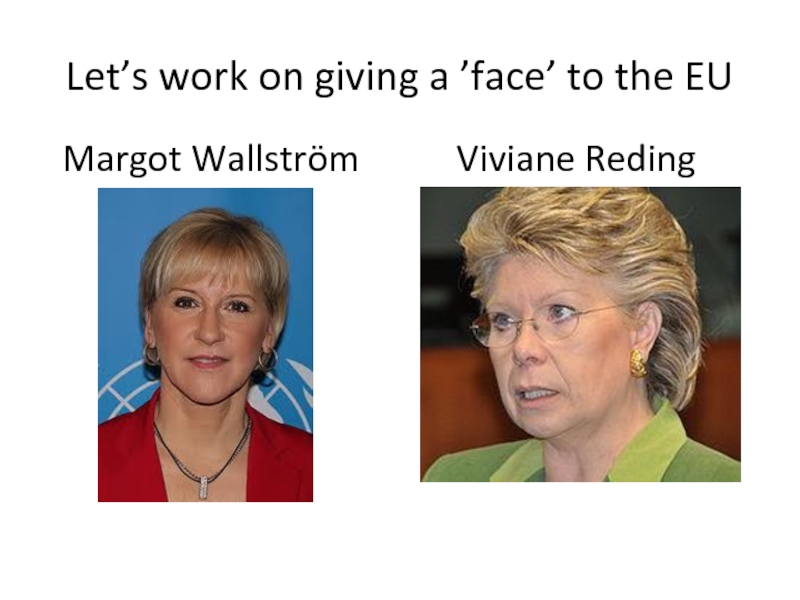
![EU’s media strategies To sum it up…‘[T]here are plenty of communications, but not much communication’ (Sain Ley Berry, 2007). To sum it up…‘[T]here are plenty of communications, but not much communication’ (Sain Ley Berry, 2007).](/img/thumbs/ad5bd2acdaedc551bac4c5505608eb11-800x.jpg)
